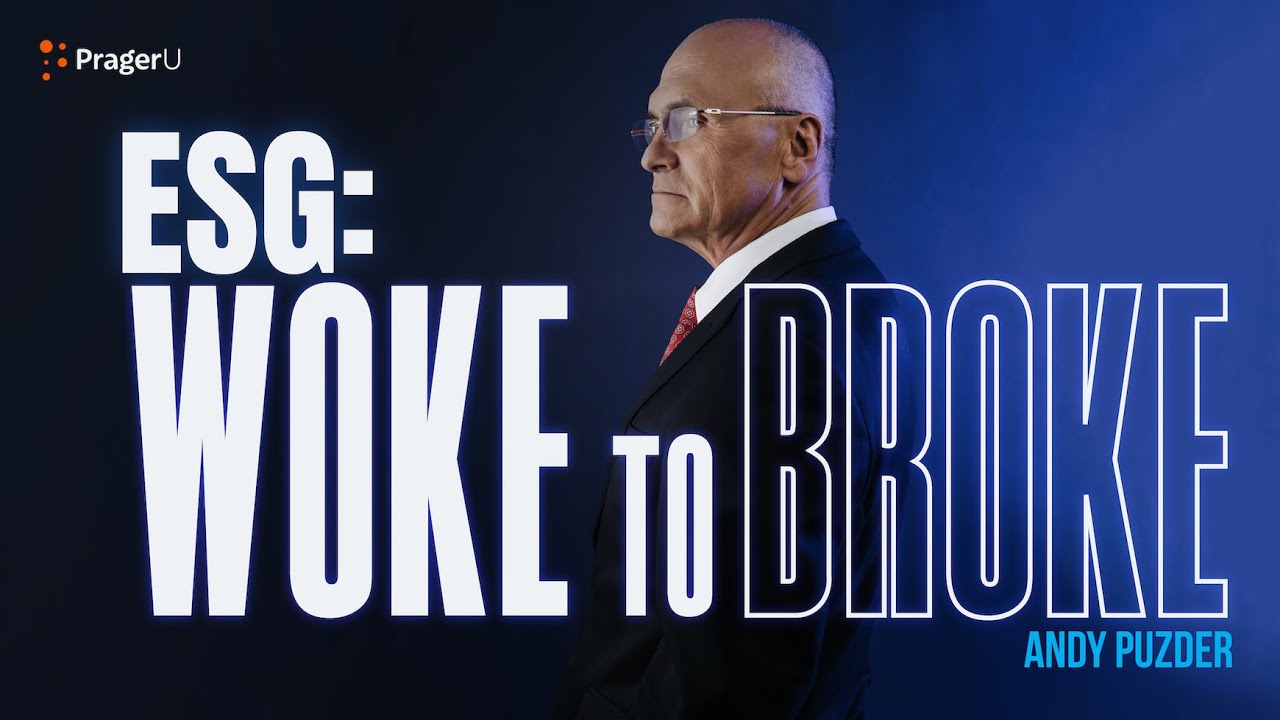Corporations are under tremendous pressure to look woke. ESG is one of the new, popular methods of investing for public and private companies, it’s a massive exercise in virtue signaling, generally following a progressive or green agenda. Of course, there are lots of subsidies in things like ‘renewable’ energy, but mostly this type of investing is about trying not to look like an “evil capitalist” in the eyes of the chattering classes and antifa. So what’s ESG? And who loudly supports it?
Environmental, Social, and Corporate Governance (ESG) is an evaluation of a firm’s collective conscientiousness for social and environmental factors. It is typically a score that is compiled from data collected surrounding specific metrics related to intangible assets within the enterprise. It could be considered a form of corporate social credit score. Research shows that such intangible assets comprise an increasing percentage of future enterprise value.
And who likes it? Our old enemy, Klaus Schwab at the World Economic Forum and The Davos Agenda are huge fans.
So, what’s more important for a company: to make a profit, or to do “social good?” More and more companies seem to be focusing on the latter. But is that a good business strategy? And, what does that mean for the economy, for you, and most importantly for your retirement investing? Let this sensible professor for Pepperdine explain.
